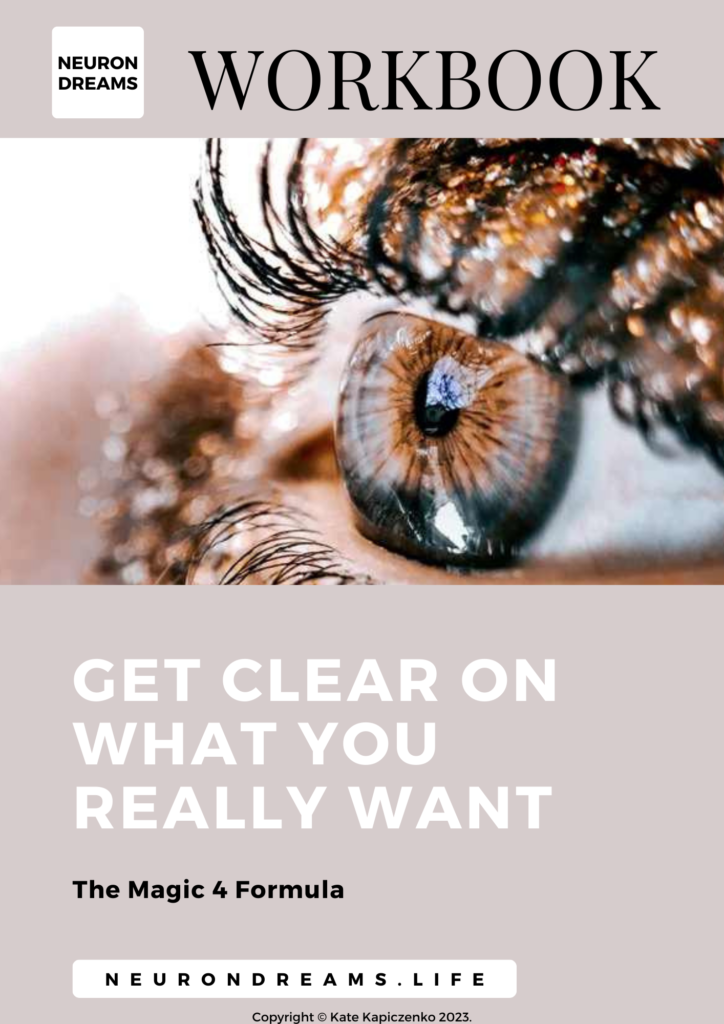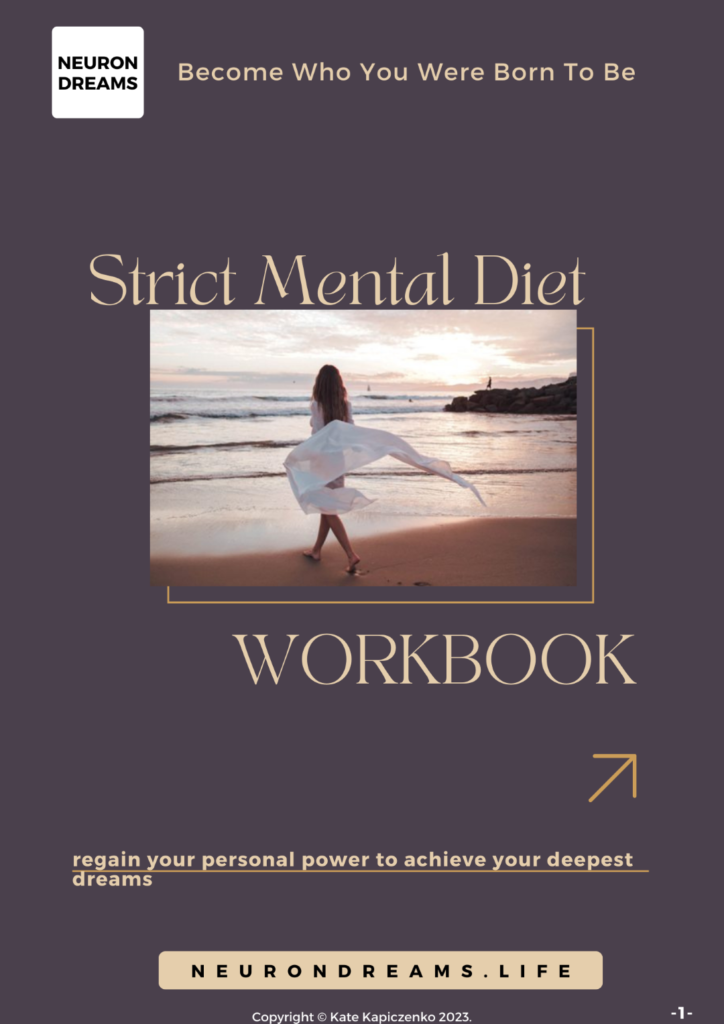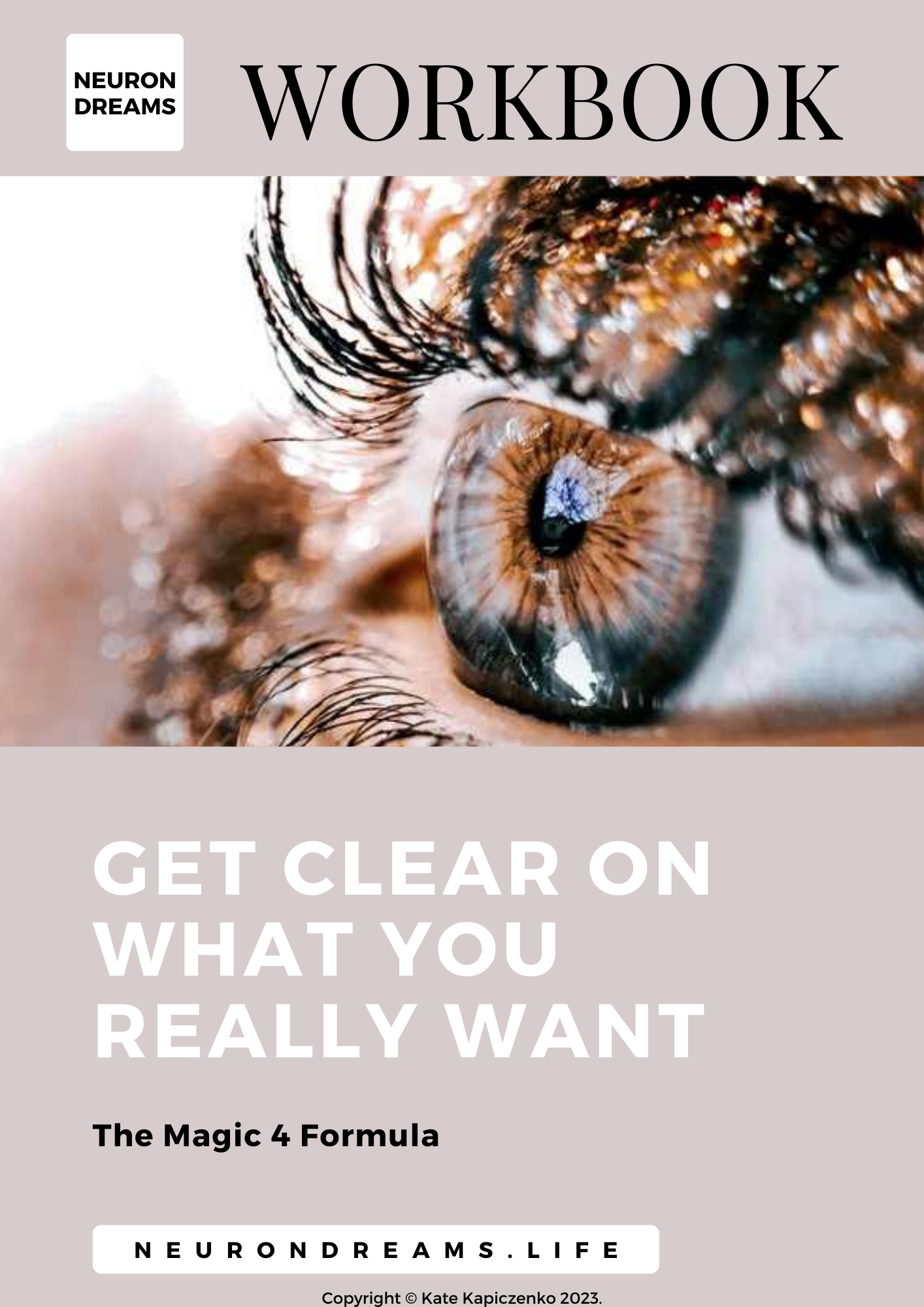DISCLAIMER
Please always remember that there is no quick fix for any mental health issue. In order to overcome it, you have to address your problem and ask for help a mental health professional. There are many mental health institutions where you can find professional support. Suffering in secret is never a good idea. Mental health professionals are out there to help people with any type of mental health issue. Don’t minimize your problems, sometimes everyone needs help and there is nothing to be ashamed of. If you find it difficult to go to the mental health institution just call a helpline (you can easily find a number online and it’s free!)
Remember you are not alone even if you feel this way. Many people have mental health problems especially in today’s world where it becomes more and more difficult to cope with stress and anxiety.
Let’s talk about anxiety. I could say that I’m not sure where to start, but it won’t be true.
I know exactly where to begin.
First of all, you should know that I am not a psychiatrist, therapist or any kind of mental health professional. So who I am exactly and what gives me the right to talk about this extremely important topic? Well, I am a survivor. A person who was struggling with anxiety and severe depression for almost whole life and by this I don’t mean only adult life because my struggle with anxiety began in early childhood. I don’t want to go in detail in this post so let’s just say that I was raised by two narcissists that basically made my life a hell… After countless hours of different types of therapies with psychologists, therapists, psychiatrists, psychoanalysts I finally found the answers that I needed to understand what actually happened to me in my childhood years and then affected my whole life. I almost believed that mental health issues are written in my personality and there is no way I could change this condition and in consequence, I have to accept this as some form of predestination. Yeah, I know sounds ridiculous but I actually believed it in the past and probably I am not the only one who thought this way.
Secondly, if you suffer from anxiety and panic attacks you should know that it’s probably the most common mental health issue that affects a huge number of people independently of their gender, age, socioeconomic status, etcetera. The main reason that many people don’t seek treatment not only for anxiety and panic attacks but for any type of mental health illness is fear and shame. Unfortunately, there is still a lot of stigma around talking about mental health problems. I’ve spoken with many people who struggle with anxiety, depression, panic attacks, eating disorders, self-harm and there was literally no one who wouldn’t be afraid of other people’s opinions, judgment or even a strange look and they choose to deal with their problems by themselves or even live in denial which is never a good idea. I know exactly what social stigma is, I’ve been there. This phenomenon involves ostracism, discrimination, and mistreatment only because somebody does not fit into an imaginary, non-existent category of the perfect humans. Well, let me put it straight – NO ONE is perfect! We are only humans, living creatures. Everyone is different and has different backgrounds and experiences. Deal with it!
It just breaks my heart and makes me angry at the same time when somebody suffers in secret because there is a bunch of idiots who because of their low IQ believes that mental health issues are someone’s choice. That’s the biggest bunch of crap I’ve ever heard. When I hear this, and I can assure you that I’ve heard this million times it just gets on my nerve and I want to punch something… eh… come on… How many times I will have to tell somebody that no one chooses mental illness?! Probably many, because society is often ignorant and hypocritical…
Thirdly, if you read this post because you suffer from anxiety and panic attacks or you know somebody who struggles with these conditions I’ve got something for you!! I’ve created my own anxiety kit which I called “an effective self-calming strategy to help combat anxiety and stop panic attacks” (I know kinda long title) that you can use as your emergency calm-kit (obviously if you are interested in!) Why it is so important to create or adopt an anxiety toolkit? Because anxiety and panic attacks can be stopped or even prevented but it requires a certain mindset.

In my opinion, almost every person who suffers from anxiety and panic attacks knows or feels exactly when they are coming (sixth sense, I guess) and what triggers them. By this, I mean that everyone can point to what type of situation they can consider a high-risk situation that can easily increase an anxiety level. But to stop anxiety or panic attack we need to develop coping skills. How it can be done? By practice as always, because
Practice makes perfect!
So, what we can really do to prevent the escalation of anxiety and panic? Well, we can practice mindfulness, learn how to detect an exact moment when we are at risk and then immediately implement our healthy strategy to calm anxious minds to avoid consequences and repercussions of a major anxiety attack. I called this healthy calming strategy calls anxiety coping kit! I’ve prepared an example of this anxiety coping kit which I use every time I feel anxious.
Disclaimer!
Please always remember that there is no quick fix for any mental health issue. In order to overcome it, you have to address your problem and ask for help a mental health professional. There are many mental health institutions where you can find professional support. Suffering in secret is never a good idea. Mental health professionals are out there to help people with any type of mental health issue. Don’t minimize your problems, sometimes everyone needs help and there is nothing to be ashamed of. If you find it difficult to go to the mental health institution just call a helpline (you can easily find a number online and it’s free!)
Remember you are not alone even if you feel this way. Many people have mental health problems especially in today’s world where it becomes more and more difficult to cope with stress and anxiety.
Having said that, let’s get to the anxiety coping kit that I’ve created as an aid in the management of difficult situation however it’s not a replacement for therapy and conversation with a mental health professional.
Let’s look at this strategy together!
ANXIETY COPING KIT
An effective self – calming strategy
1. Know your limits

Personally, I believe that this is the most challenging part because “knowing your limits” is usually mistaken for “being weak or incapable” which of course is not the same thing! Sometimes we just don’t want to accept the fact that stressful situations can overwhelm us, we miss the last wake up call and then we do something impulsive that can cause serious consequences.
What is even more important is that only you can know your limits and the only way to detect them is to practice mindfulness and learn to get in touch with your intuition & inner voice. You are the only one who can tell how far you can go and when is the last opportunity to stop before it’s too late to avoid major consequences.
Treat yourself with kindness and compassion, become your best friend. How you can do it? By practice! Practice positive self-talk and self-care on a daily basis and you will notice in a short period of time that you will develop a healthy relationship with yourself.
2. Write everything down

Create a self-care journal and do not leave your house without it! Writing is therapeutic. When I feel anxious I start writing down everything that comes to my mind, intrusive thoughts, unpleasant false beliefs, strong emotions, and scary feelings and you know what? It helps me to calm down, regain my focus and understand what is really happening to me. Writing a journal is also a good way to liberate yourself from overthinking. I highly recommend you to start writing a journal, don’t think just start writing!!
3. Stay mindful

Mindfulness is extremely helpful in dealing with anxiety and panic attacks that’s why it is used in professional treatment for these mental health issues. However, the main purpose is of practicing mindfulness is not to fight with intrusive thoughts but learn to accommodate them with kindness and compassion.
For me personally, the best thing you learn through mindfulness practices is to live in a present moment and create a healthy relationship with yourself. Because if you suffer from severe anxiety you know exactly what your mind returns over and over to the past events that rob you from living in the present moment. This means that you never actually live your life to the fullest because you are stuck in the past constantly haunted by difficult memories. If you want to understand, elaborate and in consequence let go of the past I highly recommend you start practicing mindfulness especially guided meditations and breathing exercises.
4. Meditate

Being honest, before starting a therapy I’ve never tried meditation. Even once. It seemed so strange and just unnatural to me. Guess I was associating meditation exclusively with Buddhist monks… Yes I know, it’s kind of stupid, but what can I do. Practicing meditations were and it is still quite challenging because it requires creating a healthy relationship with yourself and of curse focus and concentration. I am not going to lie, it’s difficult at the beginning but if you make a really big effort and you start practicing meditation on a daily basis you will notice rapidly how beneficial for your health meditation really is. There are many science-based benefits of meditation that are worth mentioning.
First of all, through meditation, you train your mind and redirect your thoughts. Secondly practicing meditations reduces stress and anxiety, teaches you to stay mindful and focused on the present moment and what is the best part, it helps you to connect with your higher self, with your intuition and inner voice which are our best guidance in life.
If you have never ever tried guided meditations you should really try!! All you have to do is to find a couple of minutes during the day when you are free and you know that nobody will disturb you, choose one of the guided meditation for anxiety, panic attack or stress relief on youtube or download one of the free smartphone apps, puts your headphones on and start to meditate!!
5. Practice yoga

Well, let’s talk about yoga. I started to practice yoga a while ago and I am still at the beginner level (and it probably won’t change in the near future:)). However, I can tell you that it does wonders! I start every day by morning yoga and it not only wakes me up but above all it sets my mood for the rest of the day. What is even more important, yoga is a perfect way to relieve stress and anxiety, fight depression and improve your mental and physical health in general. I highly recommend you to start practicing yoga on a daily basis as a self-care routine. If you don’t know how to start you can take a yoga class for beginners or try one of many courses on youtube!
6. Build your support system

Having a support system is crucial in this context as people who suffer from anxiety and panic attacks are usually highly sensitive people who live with an unresolved trauma story, they try to put it behind them. What I mean by this is that in many cases (not always!) anxiety and panic attacks are triggered by a previous traumatic event. If you struggle with these kinds of strong emotions you know exactly that sometimes some sound, smell, one particular look or word, and our mind returns to the upsetting memory that can easily overwhelm us and results in anxiety and panic attacks. That is why building a healthy support system is much more than finding people to talk in a moment of a psychological crisis. Because in a high-stress situation we need to talk to or with a mental health professional or with somebody who we trust and who can understand our feelings and who makes us feel secure.
For that reason, your healthy support system should involve a therapist or other mental health professional, family member or friend who in a moment of personal crisis will know how to reassure you, calm you down and make you feel peaceful. My advice would choose trustworthy, reliable and competent people who you can call any time you feel overwhelmed by anxiety.
7. Learn about anxiety

In my personal opinion understanding the facts is always crucial otherwise we tend to make up things that have nothing to do with reality but only fit some myths and misconceptions. This is particularly important when we talk about mental health issues. The more we know about a particular illness the easier and faster the recovery is. I am not saying that reading books about anxiety or depression can heal us, what I mean is that reading about mental illness helps to understand how does it work, what we can expect from recovery, what are the best treatments, how many people statistically suffer from a particular disorder etcetera.
In my personal opinion books, articles, ted talks, podcasts, conversations with people are incredibly important during treatment because they are an infinite source of knowledge and knowledge is a strength.
8. Workout

It is a proven fact that physical activity improves mental health and play a key role in the recovery process. This is because exercising on a daily basis not only boosts our mood and energy level but also helps to reduce anxiety and panic. Physical activity stimulates the release of dopamine, norepinephrine, and serotonin, these chemicals produced in the brain are directly responsible for our mood. Even a 15 minutes walk can help to clear your thoughts and set a positive mindset. If you like running it’s even better! If you are not feeling comfortable working out in public you can always ask your friend or family member to join you (it helps a lot!).
If you haven’t tried yet physical activity in order to ease the symptoms of anxiety and panic I highly recommend you to do it! Find exercises you like to do and implement them into a daily routine. Personally, when I feel anxious I always choose to do some cardio or HIIT workout because it works for me but I recommend you to choose a physical activity that you like and you will practice with joy and passion!
9. Reduce anxiety with music

Music is everything to me. And honestly I could end right here but I just want to add what you probably know by now but it’s extremely important and shouldn’t be underestimated. And this is a scientifically proven fact that music affects our mood and emotions in many different levels. Songs can change dramatically in our emotional state, can relax us, boost happiness, reduce anxiety or do the opposite and makes us anxious.
Every once in a while I create a playlist of my favorite iTunes songs and I download them onto my phone and I never leave the house without headphones, they are a perfect no disturb sign when you want to block everything out and do your own things without being disrupted. Let me tell you something if you are on a plane, bus, in a grocery shop, gym, park or any other social space and you don’t want to talk to anybody it’s the best way!
My advice for you is to create your own playlist of your favorite songs that boost your mood, energy levels and/or calms you down and download it onto your phone and don’t forget your headphones when you go outside.
10. Breathe

Breathing exercises for anxiety and panic attacks can be extremely effective. Sometimes all we need to stop anxiety or panic attacks is to take some deep breaths. We are living a fast, extremely stressful life and many times we even forget about breathing properly. I am taking almost exclusively short breaths during a whole day of work or study what causes exhaustion, chronic fatigue, vertigo and many other symptoms of not breathing properly. Unfortunately, short breath is a common issue during anxiety and panic attacks, in my opinion, it’s the most terrifying one because the idea that you can suffocate it’s incredibly frightening. What you can do if you are having an anxiety or panic attack? Stop and take some deep breaths. However, to be able to do it properly and efficiently you should practice breathing exercises every day to be prepared (some way) especially when you are calm and relaxed. Check out some free smartphone apps for breathing exercises and try them out!!
11. Use positive affirmations

Well, let me tell you something. I have some kind of love-hate relationship with positive affirmations, probably because I am not used to talking to myself in a positive and compassionate way. However, a while ago I decided to challenge myself, get outside my comfort zone and finally try to use some positive affirmations and see if they really work. Obviously, I started one step at a time, without exaggerating. Because guys, we don’t want to go from one extreme to the other by replacing negative self-talk with arrogance and grandiosity. Just saying…
However, if you are not familiar with using calming and positive affirmations when anxiety kicks in I highly recommend you to look for them on the internet, choose those which will work for you and write them down on a piece of paper or on your smartphone. From my personal experience, I can tell you that positive affirmations really work. What is even more important using positive affirmations on a daily basis is a great way to show compassion for yourself and to develop a positive attitude toward life.
12. Remember about self-care

Self-care is crucial for our physical and mental health. That’s why you should never underestimate its importance. Obviously, it is a very broad term to describe and everyone’s perception of it is slightly different. However, I believe that we can probably agree that self-care includes self-compassion, self-awareness, self-management, mindful living and making healthy life choices. It helps us to stay productive, motivated and focused on our goals. What is even more important self-care helps us build self-confidence and prevents us from making bad life choices.
Honestly, I like to divide self-care routine into three different parts: physical, mental and emotional this way I am sure that I am not neglecting any aspect of it. My favorite ways to practice self-care are to workout, eat a healthy balanced diet, do guide meditations, practice yoga, aromatherapy and stick to healthy day and night routine – it does wonder!!
I’m a little embarrassed to admit that not so long ago, I myself knew nothing about self-care. Everything changed when I started my therapy. Since then I started working on myself on many different levels. Of course, it takes time to notice the benefits of self-care, especially if somebody (me included) never ever tried it before. But remember that there is never too late to start practicing self-care. The time is now. Learn about self-care, choose activities that you like and start doing them on a daily basis! Treat yourself with compassion and self-respect and you will find every answer you are looking for in life.
Take care
Stay positive
Be mindful
xx Kate













